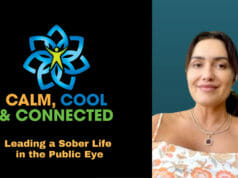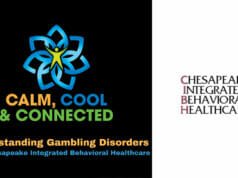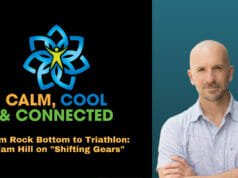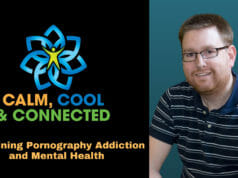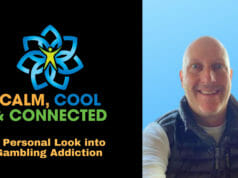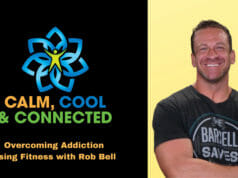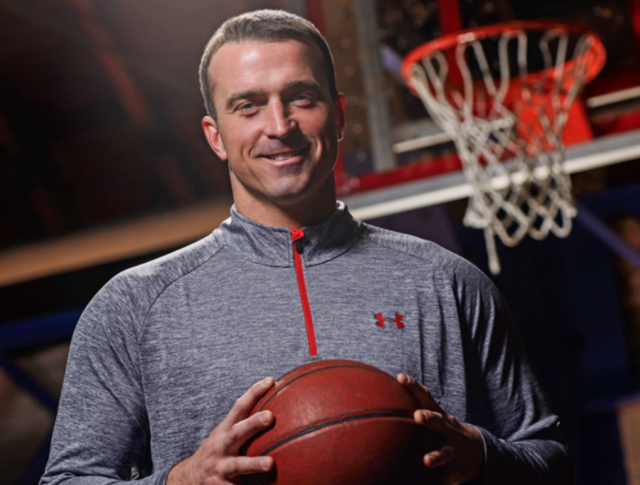
Chris Herren’s story is pretty well known by now.
Herren was a SUPERSTAR (a literal ALL CAPS superstar) at Durfee High School in Fall River.
He scored over 2,000 points and was one of the most talented players to ever come out of New England. Herren and his team were featured in the book Fall River Dreams by Providence Journal writer Bill Reynolds.
He was a 1994 McDonald’s All-American who decided to stay home and play for Boston College. After a series of failed drug tests, he transferred to Fresno State to play for the legendary Jerry Tarkanian; a coach well known for giving players a second chance.
It looked like Herren was back on track when he was named to the All-WAC first team in 1996 and 1997. Unfortunately, he announced he would miss part of the 97-98 season to seek treatment for an ongoing struggle due to substance use disorder.
Despite his struggles, Chris realized his lifelong dream of playing in the NBA when he was drafted by the Denver Nuggets in 1999 before being traded to his hometown team, the Boston Celtics, in 2000.
Substance abuse reared its ugly head again, however, short circuiting Herren’s NBA career. He then went on to play in five countries including Italy, Poland, Turkey, China, and Iran.
Chris Herren has always been frank about his struggles with addiction; his story has been featured by ESPN & director Jonathan Hock in their 30 for 30 feature “Unguarded” in 2011 and again in “The First Day” in 2017.
With the onset of the Covid-19 pandemic, the challenges for those suffering from alcoholism and substance abuse are greater than ever.
Herren joins Adam Finkelstein on The Upside podcast to discuss The Herren Project and how their organization and others are here to help families and individuals.
During the pandemic The Herren Project has ramped up their resources for those in need, including on campus treatment and Zoom meetings, often anonymous, for those in need.
Herren is frank about his personal situation and topics such as why liquor stores are considered “essential businesses” while centers for mental health and addition are not.

If you, your family or friends are in need of help, there are resources available and help is out there.
You can reach out to The Herren Project through their website: herrenproject.org.
Herren Wellness creates personalized, sustainable wellness plans based individual needs and strengths with a focus on the whole person. Find out more at herrenwellness.com.
To find out how to change the conversation on substance abuse and have Chris Herren present to your organization visit Herren Talks: herrentalks.com


